6 Common Types of Water Lines
There are different types of water pipes we use. Some carry water to our bathroom and other fixtures, while others transport wastewater to the sewage system. With this many options, knowing which pipe is right for a particular situation can be tricky. Here's a breakdown of the most common water lines you should know about.
1. PEX Pipe
PEX is also called cross-linked polyethylene and is used to supply water. It's strong enough to resist water pressure and flexible enough to weave through ceilings, walls, crawlspaces, and basements. According to PexInfo, these water lines can bend up to 90 degrees, eliminating the need for elbow fittings. In addition, the pipes are color-coded for cold and hot water, allowing plumbers to identify the pipes while working.
2. PVC Pipes
Polyvinyl chloride or PVC pipes are commonly used in commercial and residential buildings. Because of their versatility, they can be used outdoors, indoors, and underground. Also, plumbers use them to supply water to buildings or for vent piping. These
water lines are easy to install and don't require many tools.
3. CPVC Pipes
CPVC is in the same family as PVC. The main difference is that the latter is chlorinated. As a result, it can withstand extreme temperatures that PVC can't. These pipes can withstand up to 200F, making them suitable for transporting hot water. However, one can only use them indoors as sunlight exposure causes the pipe to break down.
4. ABS Pipes
ABS, or acrylonitrile butadiene styrene, is often found in Drain-Waste-Vent (DWV) systems. If you see a black pipe in the toilet, sink, or tub drain, most likely it's ABS. These pipes work almost the same way as PVC pipes but are more durable. Their major setback is that you can't expose them to direct sunlight, as that will degrade the pipes.
5. Copper Pipes
This is the most common type of pipe for supplying water to commercial and residential properties. Some of these pipes are hard, and others are flexible. One of the advantages of these pipes is that they are corrosion-resistant, protecting the water quality.
6. Flexi Pipes
These are flexible pipes made of stainless steel. They are often used to connect the main pipes to appliances like water heaters and sinks. The pipes come in many sizes and last several years before you start noticing signs of wear and tear.
These are the most common types of water lines you're likely to come across. To learn more about them, get in touch with us today at Riden Plumbing.

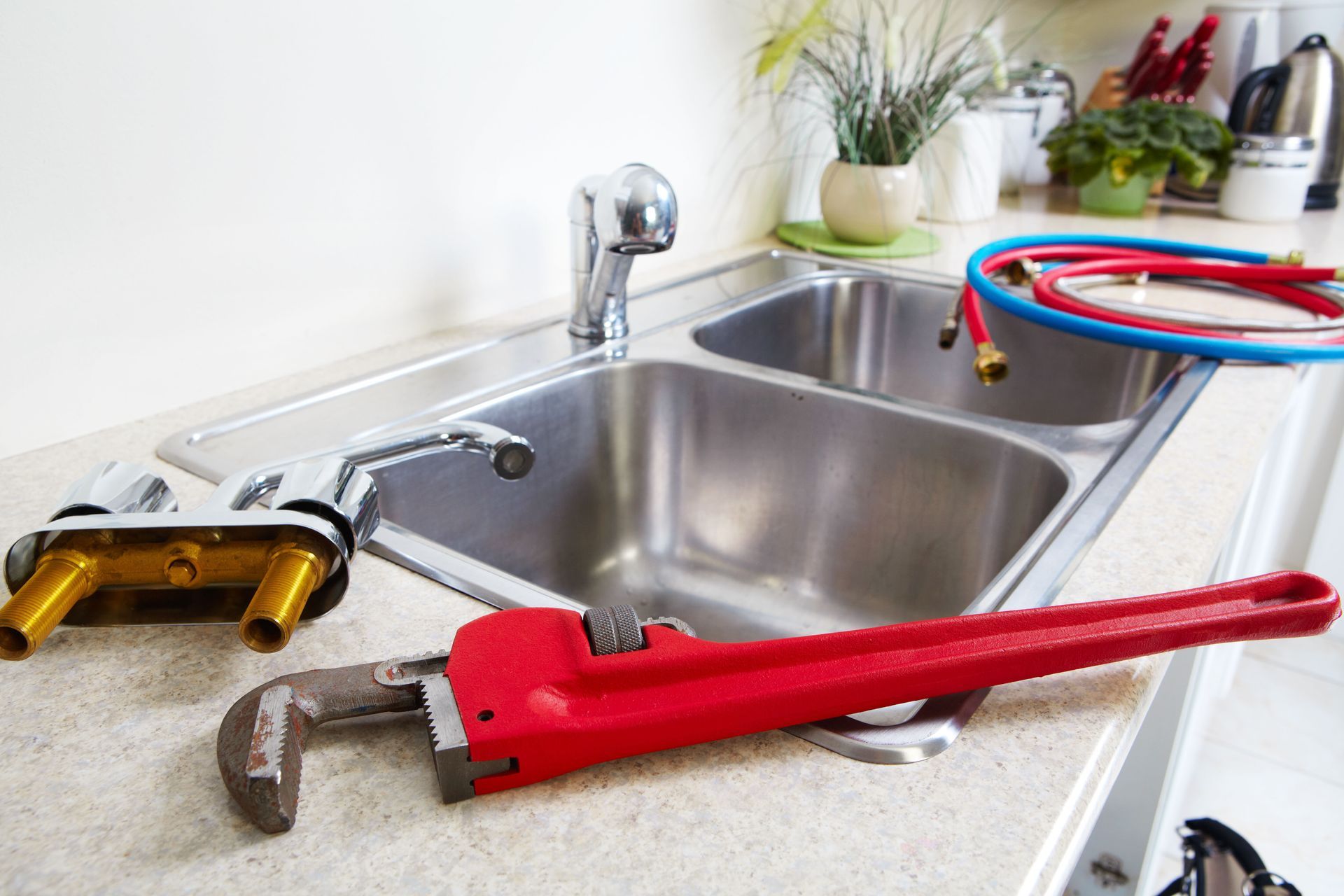
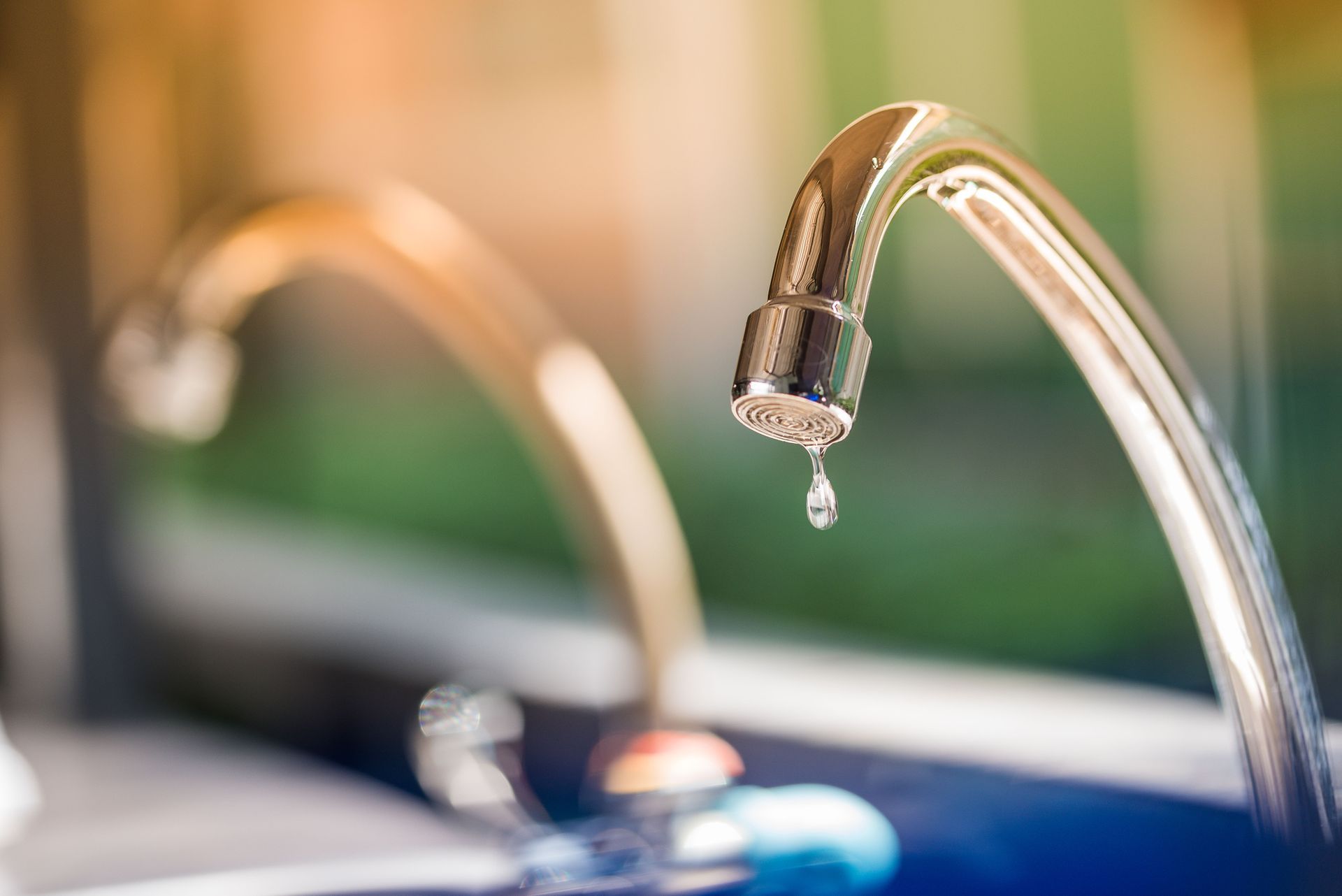
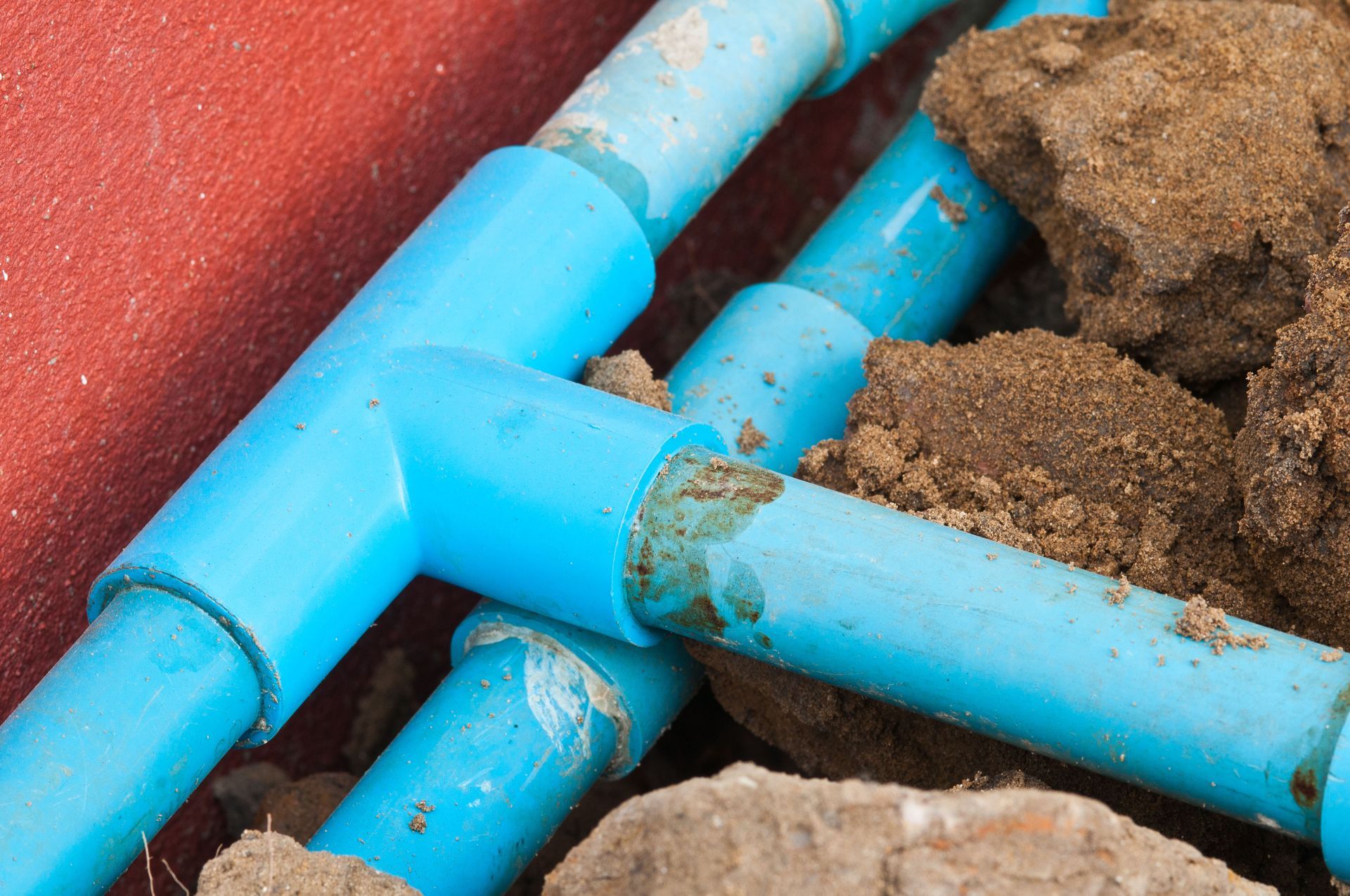
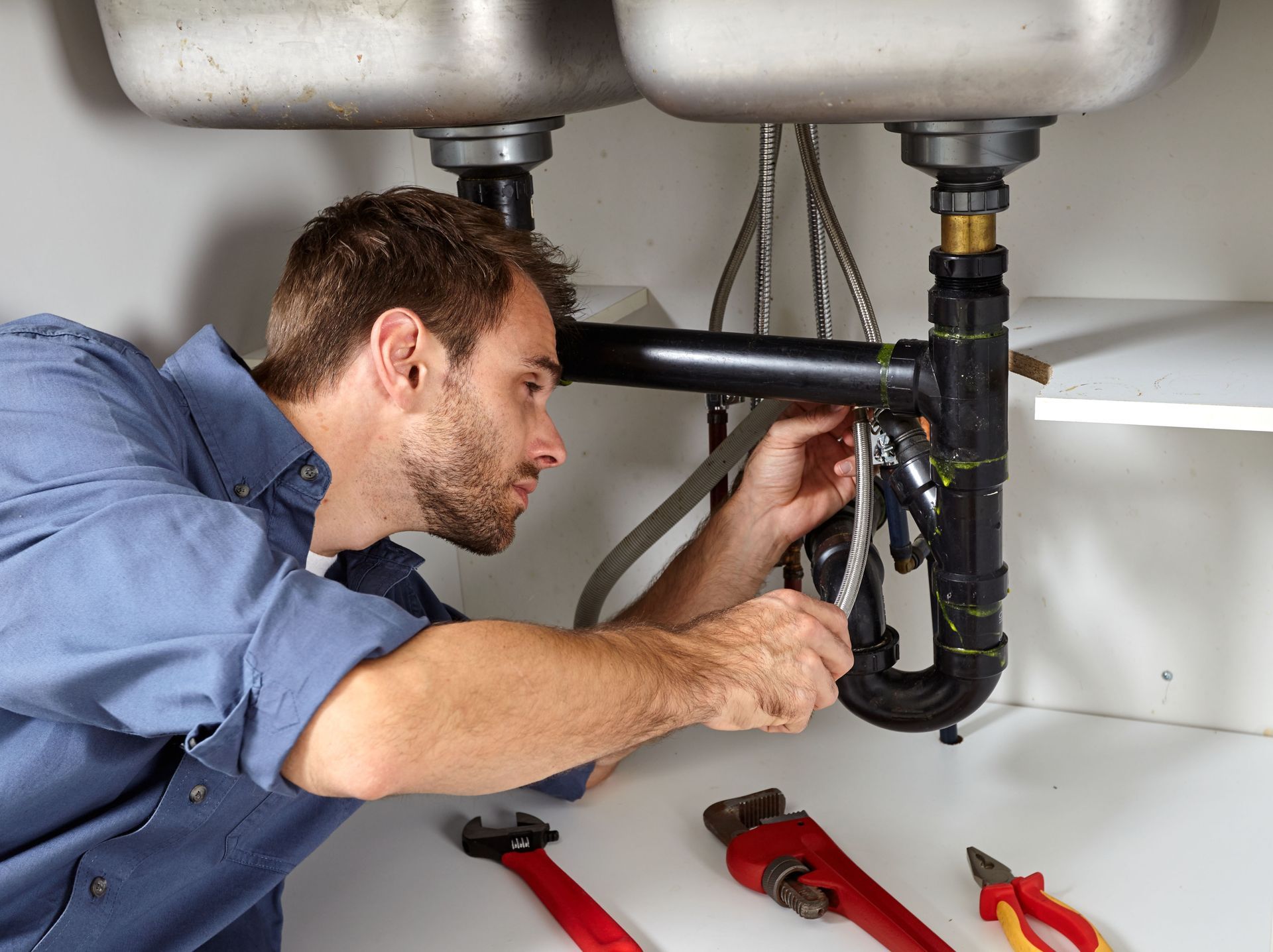

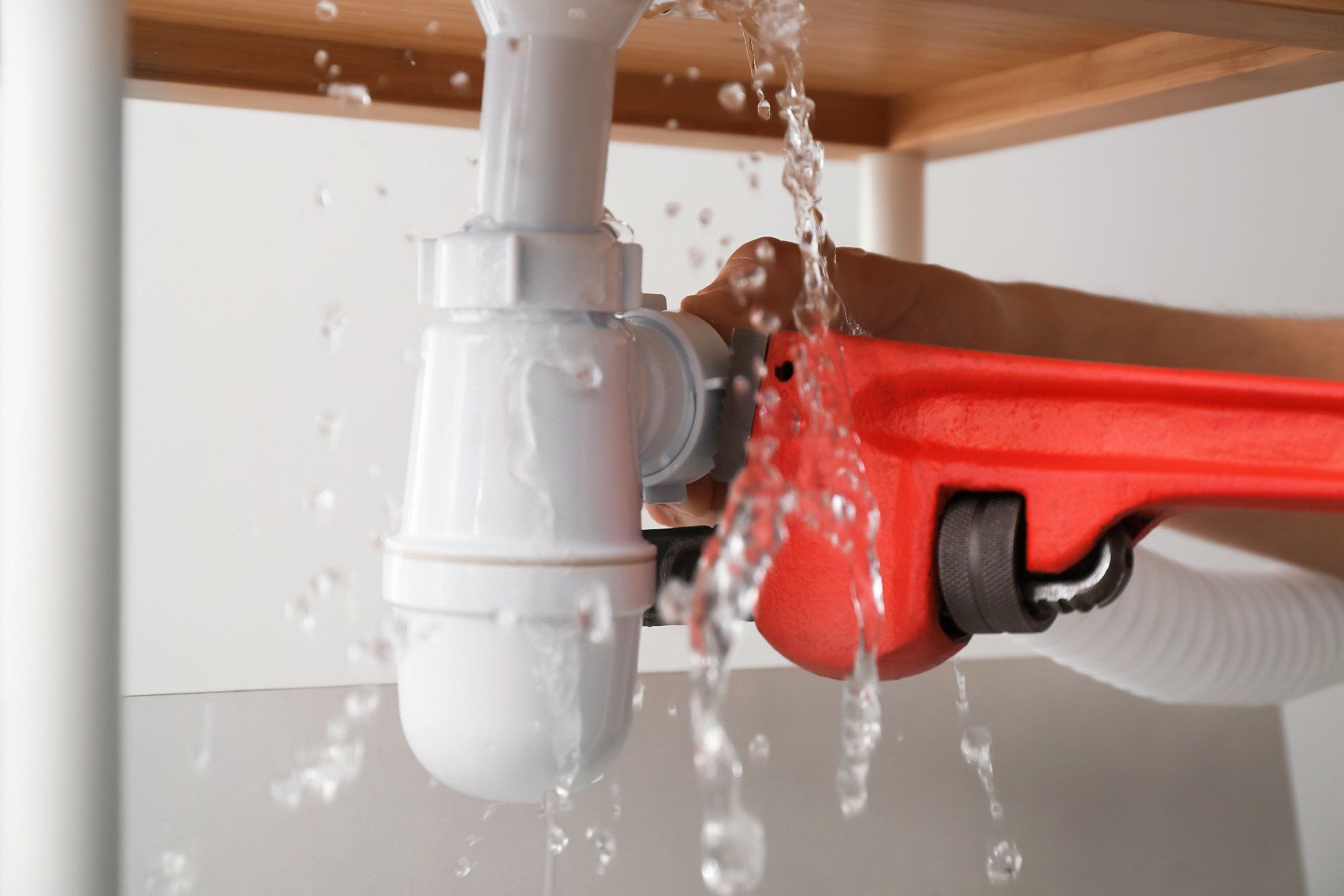
Share On: